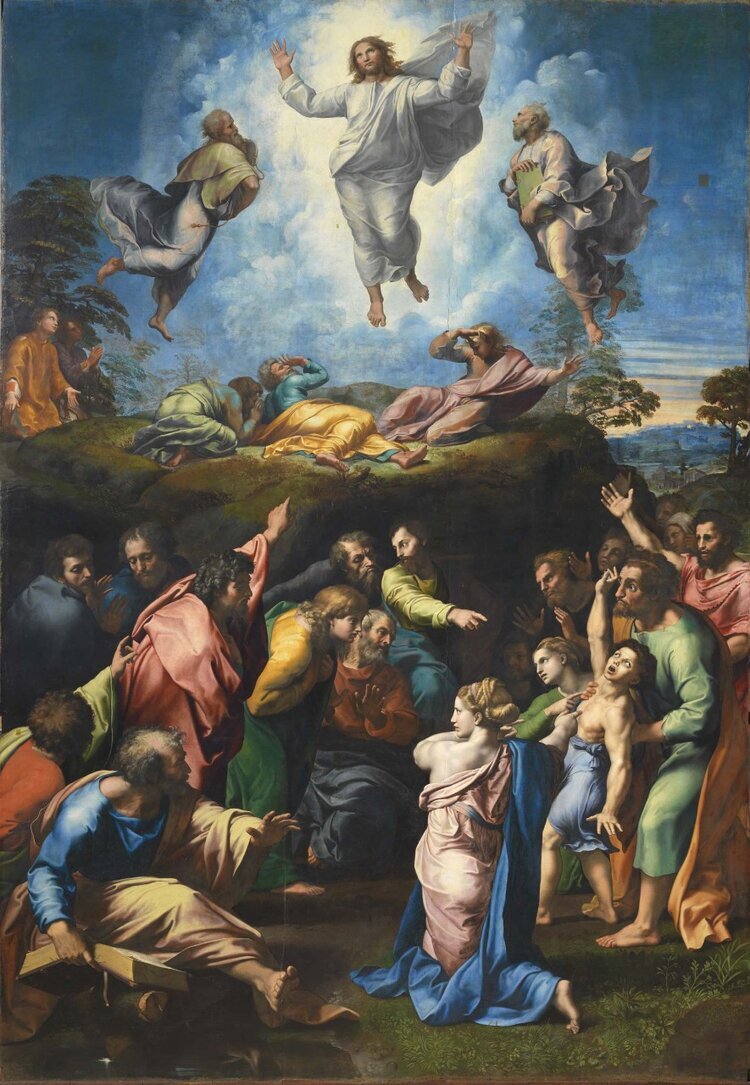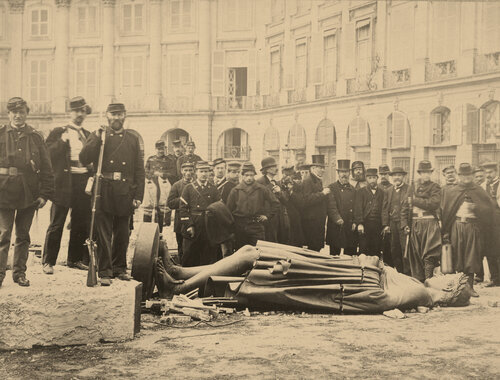Disjecta Membra: Clement Greenberg’s “Counter-Avant-Garde,” 1971
Conceptualist art is making a last desperate attempt to escape from the jurisdiction of taste by plumbing remoter and remoter depths of subart — as though taste might not be able to follow that far down. And also as though boredom did not constitute an aesthetic judgment.
Reflections on Kanye West’s “Wash Us in The Blood”
If West’s works are ever “soothing,” it’s precisely because they do often succeed in revealing something true about the world, something we can relate to as listeners. If critics feel that “Wash Us in the Blood” fails to hit the mark, then, it must be for a different reason.
Disjecta Membra: Ezra Pound’s “Date Line,” 1934
Criticism tries to serve as a theoretical gunsight: what to aim at. And the gun is more like a catapult. It will have to clear the trees here on earth before it leaves the atmosphere.
What does it mean to be critical?
When people today criticize the leaders of the American Revolution they only project their own narrowness and narcissism onto the conditions of the past. Had the American Revolution been defeated, in 1776 or in 1865, there would be no critique of present freedom possible today and no hope for any greater freedom in the future.
Aphorisms II
As Marx writes, “It is a matter of confession, no more. To have its sins forgiven mankind has only to declare them to be what they really are.”
Disjecta Membra: Excerpts from Thomas Wolfe’s Look Homeward, Angel, 1929
Every work of art “is a window on all time.” Thomas Wolfe was an American Proust — his novels are the crystalline precipitate of a hypersensitive memory submerged within the substrate of the universal.
Staring at the Sun: Arthur Jafa’s “Love is the Message”
Jafa’s omnipotent sun of tradition is there to remind us that what is considered freedom now is merely the allowance we are given to be a controlled emanation of society as it exists.
Disjecta Membra: Rosmarie Waldrop's "Thinking of Follows," 1996
I do not “use” the language. I interact with it. I do not communicate via language, but with it. Language is not a tool for me, but a medium infinitely larger than any intention.
Critical Art or Kum Ba Ya?
Is Glenn Ligon a critic of identity politics, or a mouthpiece? Or is it that he is both, and ultimately neither?
Disjecta Membra: Clement Greenberg’s "The Renaissance of the Little Mag," 1941
All important questions become political questions in a much more immediate sense than in the past. But to be publicly portentous one must have opinions. And to have serious opinions one must have ideas — political ideas. But one is afraid of political opinions; they involve you in partisanship and in arguments that have nothing to do with poetry.
The Magnitude of a Young Courbet: Reflections on A Burial at Ornans
According to a young Courbet, whatever we encounter en masse today might just as well need to be considered a (neo-) Romanticism, waiting for its own Burial in order to explode the heteronomy of the given and the same in which we constantly entrench ourselves.
Disjecta Membra: Nietzsche’s What is Romanticism?, 1882
The desire for destruction, change, and becoming can be an expression of an overflowing energy that is pregnant with future or the hatred of the ill-constituted, disinherited, and underprivileged who must destroy because what exists, indeed all existence and being, outrages and provokes them.
The Touch of Translation
Rather than trying to convey what is seen through a sentence in the original, the translator should replicate the structure of seeing — the syntax — since this structure registers the most elemental sense of the intention behind the original.
Disjecta Membra: Adorno in a Letter to Elisabeth Lenk, 1964
The relation of the intellect to art can only consist in the intellect, above all the critical intellect, giving directives as to what is possible and what is not possible; it cannot become the immediate object or content of art.
Disjecta Membra: A Conversation With Kafka
Everything is relative, everything is in chains. Capitalism is a condition both of the world and of the soul.
Reflections go with the dying sun
Such is the constancy of the human heart: that what our suffering sets out to destroy, a painful longing begs us to preserve and reconstruct.
Museums and Politics: A History of Disappointments, Part I
Why is it no longer self-evident that museums are valuable to anyone but professional artists, critics, administrators, and scholars? Why are the humanist values embraced by the artists of the Paris Commune now so suspect? Why are we so inclined to protest museums and curators, preening for their attention and permission?
Translation as Conquest, Part IV
Eternity changes Poe’s oeuvre into itself — goes on discovering its truth content — through “a remarkable number of works that derive from it, that are not so much imitations as they are consequences.”
A Simple but Ambitious Plan
Anne Carson conquers Euripides’ radical attempt to destroy and redeem his culture and history, but for modern times and modern men — modern men who suffer from an overfullness of experience that impoverishes them.




















